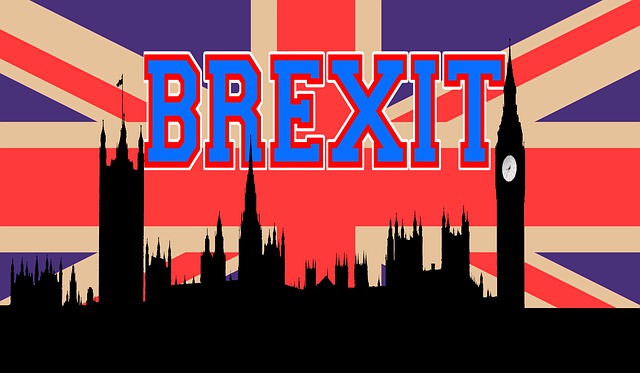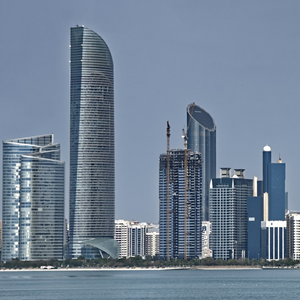

The Chancellor of the Exchequer, Sajid Javid, has said that giving unique customs numbers to 88,000 exporters was part of the Treasury’s £2.1 billion of extra no-deal preparations and would “ease the flow of goods at border points and help support businesses to trade and grow”. But that is not entirely in the government’s hands. Much will depend on whether the French authorities choose to enforce full customs and health checks on freight to and from the UK.
Some large national UK supermarket chains are insisting on overseas companies obtaining UK VAT numbers and EORI numbers prior to the 31 October and effectively forcing them to stock their own goods in the UK or risk losing their business in the UK. We are currently assisting a few Italian companies with regard to this demand.
Without the customs passes, goods could be impounded at UK ports and airports and not enter the UK at all.
Business lobby groups said it had taken months of discussions with the Treasury to persuade ministers they should allocate numbers rather than wait for businesses to sign up. This now seems to have had the desired effect and things are beginning to speed up as the deadline date fast approaches.
Up until now, the 250,000 businesses that export to the EU have been encouraged to ask for a customs pass. Only about 72,000 had signed up by last month.
It is understood that about 90,000 small businesses, mostly sole traders with a turnover below the VAT threshold, have yet to be issued with an EORI (economic operator registration and identification) number. EORI numbers are a unique ID number allocated to businesses that enables them to be identified by Customs authorities when doing business with other traders.
Adam Marshall, the director general of the British Chambers of Commerce, said: “This step is long overdue. The proportion of firms applying for EORI numbers was concerningly low, and automatic issuance will help ease the administrative burden facing companies in the weeks and months ahead.”
But he criticised ministers for being slow to launch an official database to provide information on tariffs and quotas for a no-deal Brexit.
Even with a customs pass there is no guarantee the EU will recognise EORI numbers after 31 October 2019 should a no-deal Brexit go ahead.
With neither side seemingly willing to compromise on the Back Stop and the UK freeing up UK officials from attending EU meetings to only those that “really matter” so as to focus on preparing for the departure on 31 October, it seems increasingly likely that come that date, the UK will leave on WTO terms.
The G7 meeting has changed very little in that both sides have shown willingness to listen to proposals on the Back Stop in relation to Northern Ireland, but there is no firm proposal as to what workable alternative there could be. Without one, the EU cannot accept its removal and the UK will not accept a deal which keeps the Back Stop.
Time is therefore fast running out and planning for the possibility that come 31 October, the UK will leave without a deal, is now essential for any company exporting to or importing from the EU. This not only means obtaining EORI numbers, but planning on other logistical matters such as workforce and future skills needs, customs/export training for new processes and compliance, the impact of tariffs, the proof of origin to comply with EU current regulations and a review of current contracts to name but a few.
We at Belluzzo can assist you in devising a strategy to ensure you will be fully prepared for Brexit on 31 October to help your business adapt to the new regime and regulations with as little disruption as possible.








